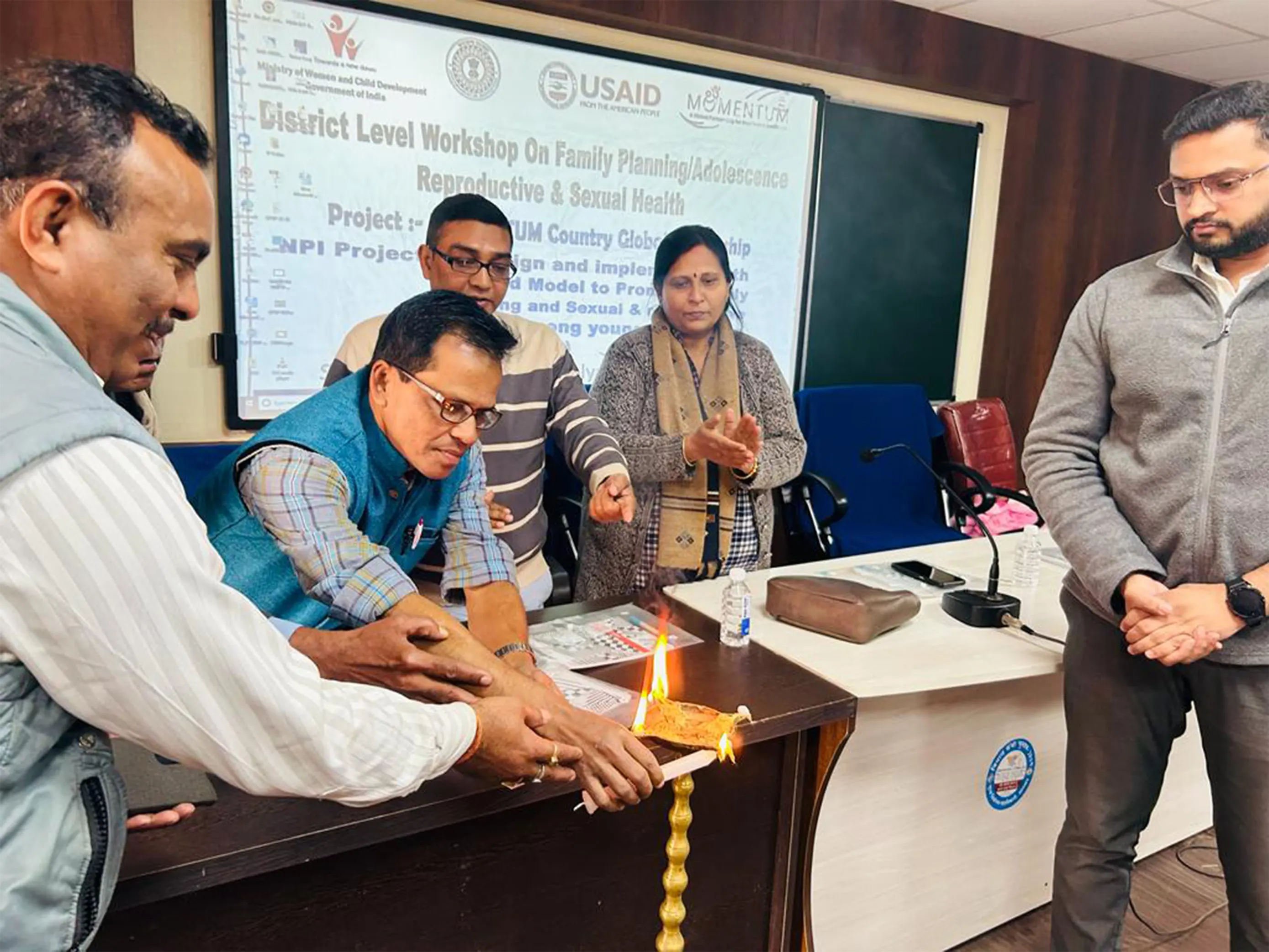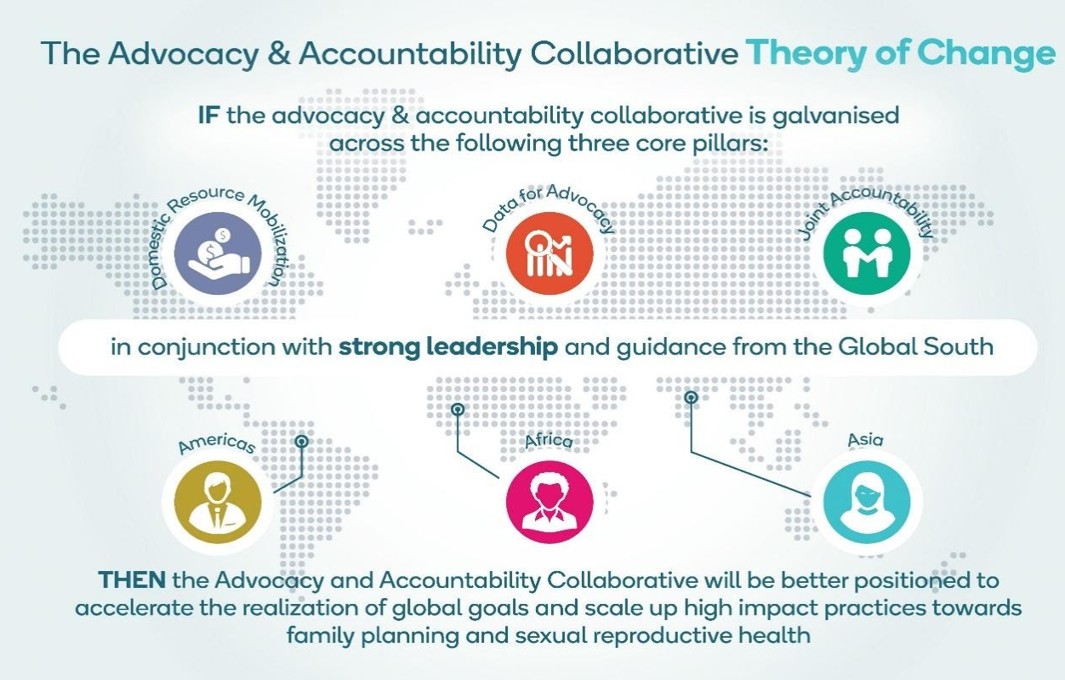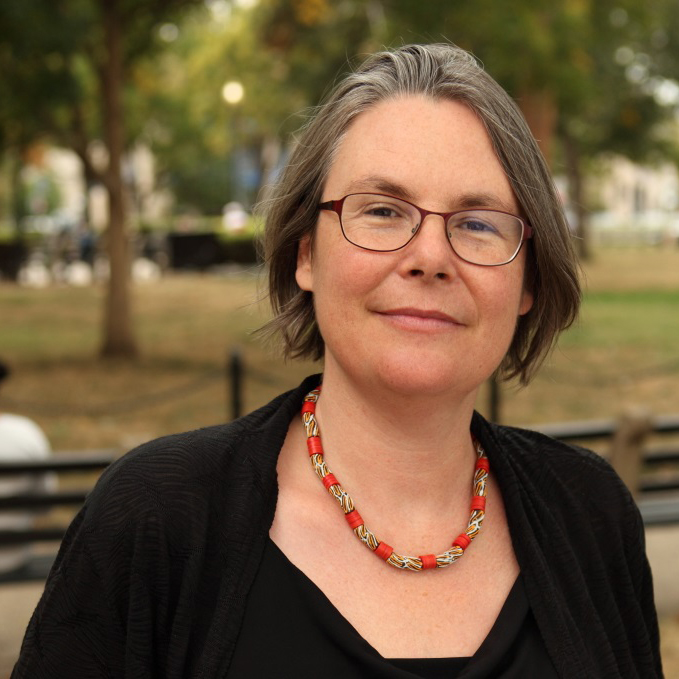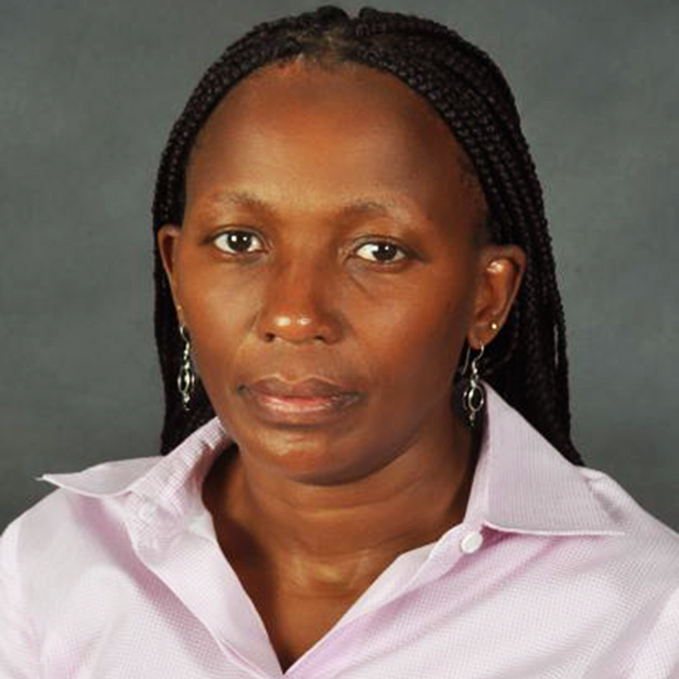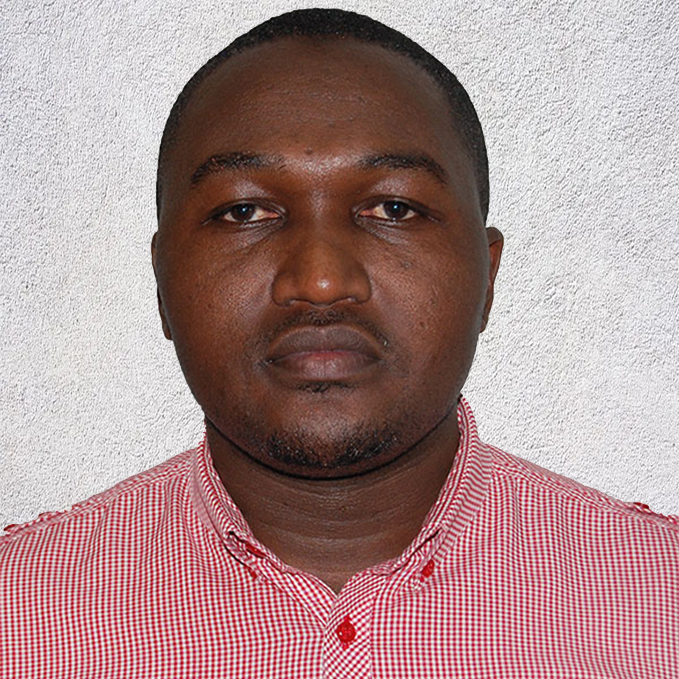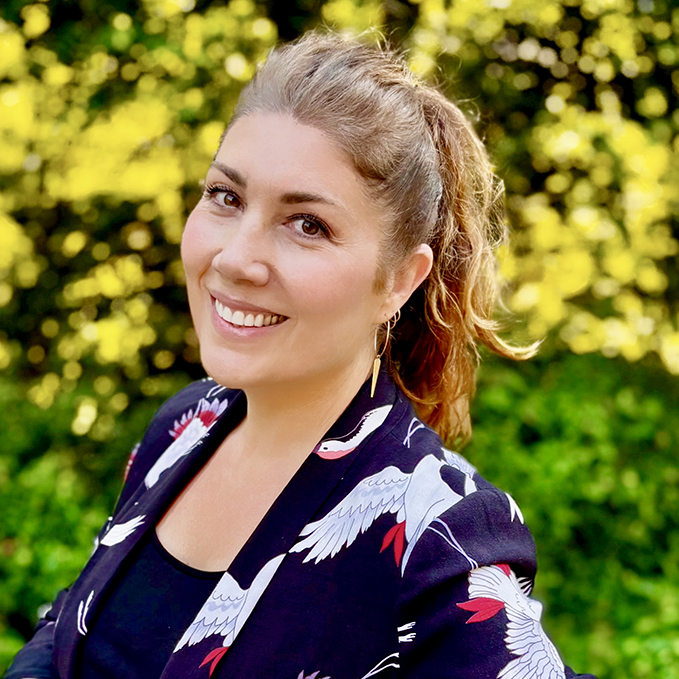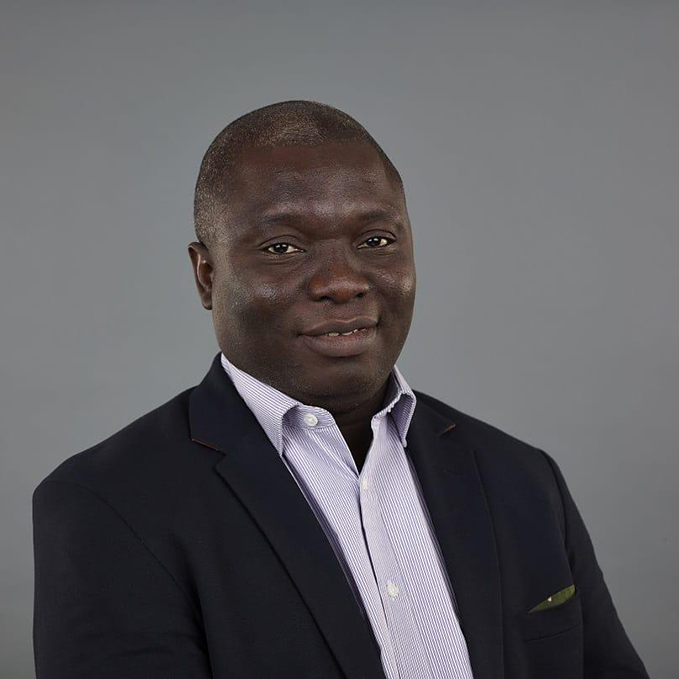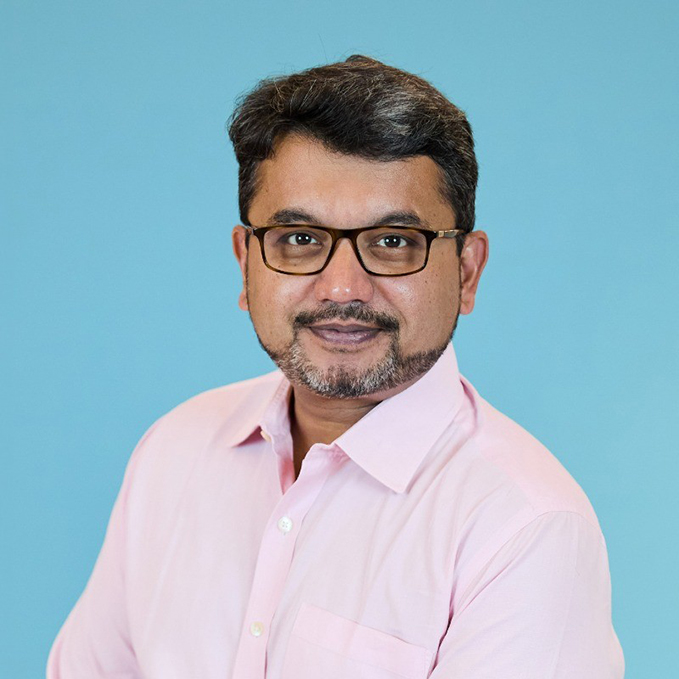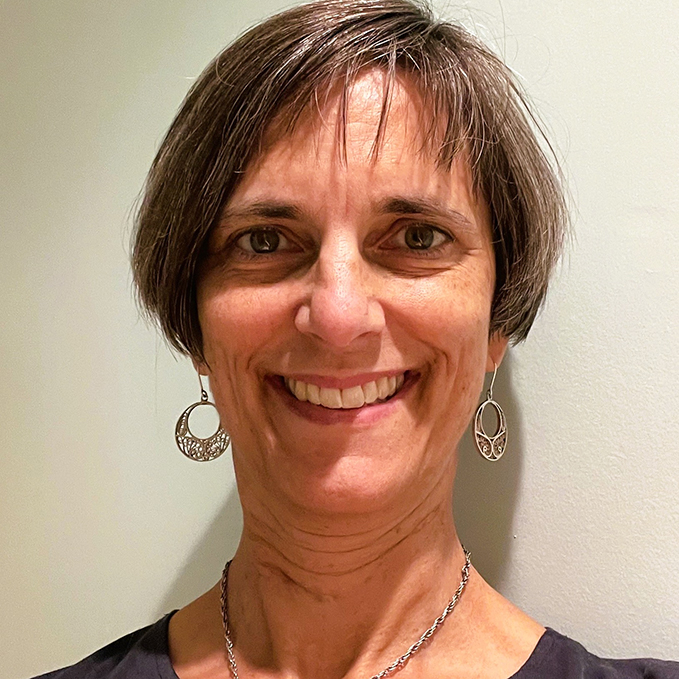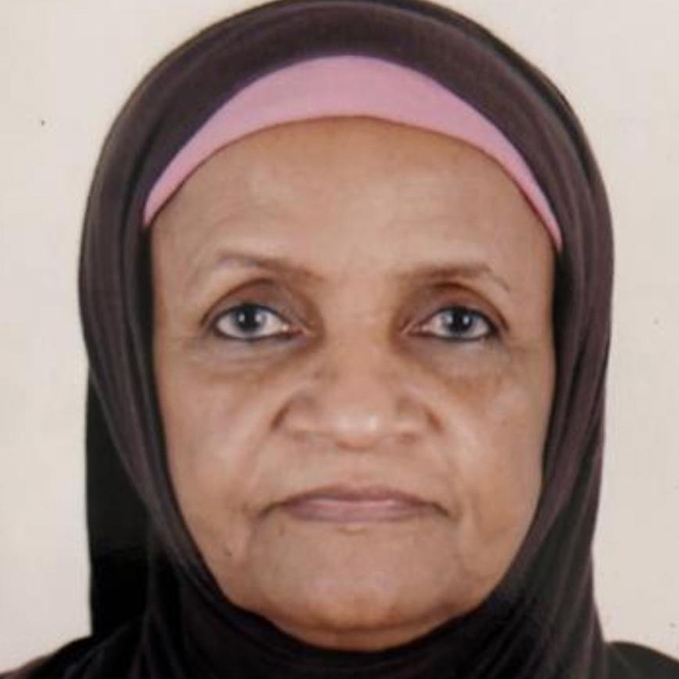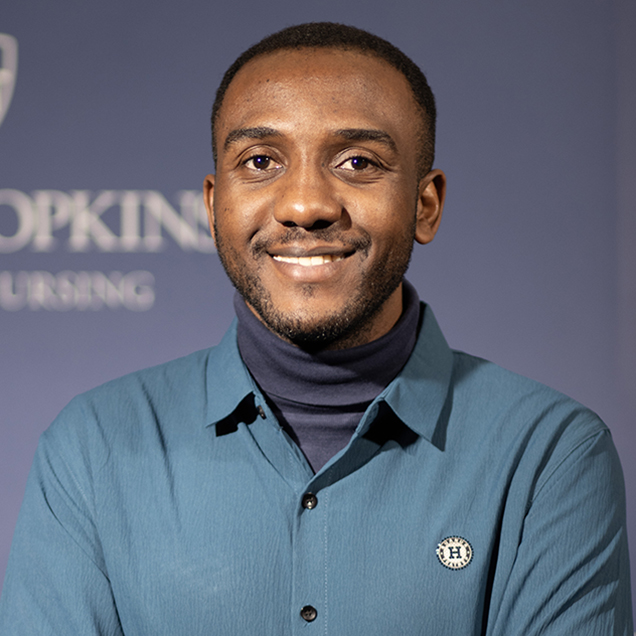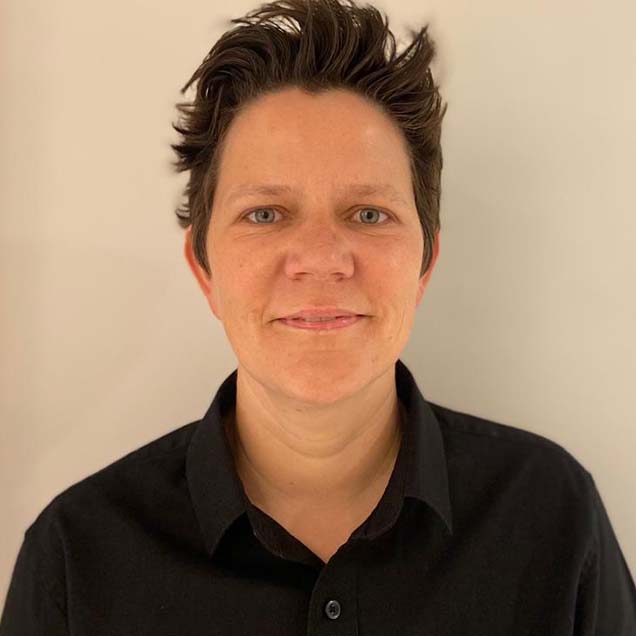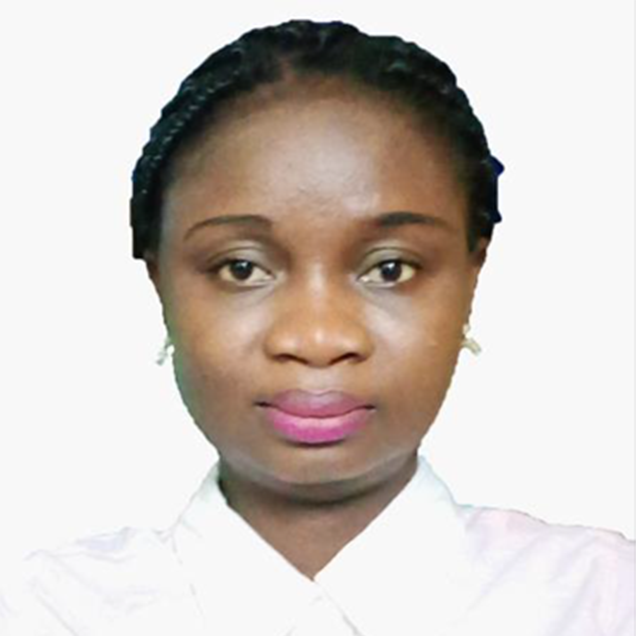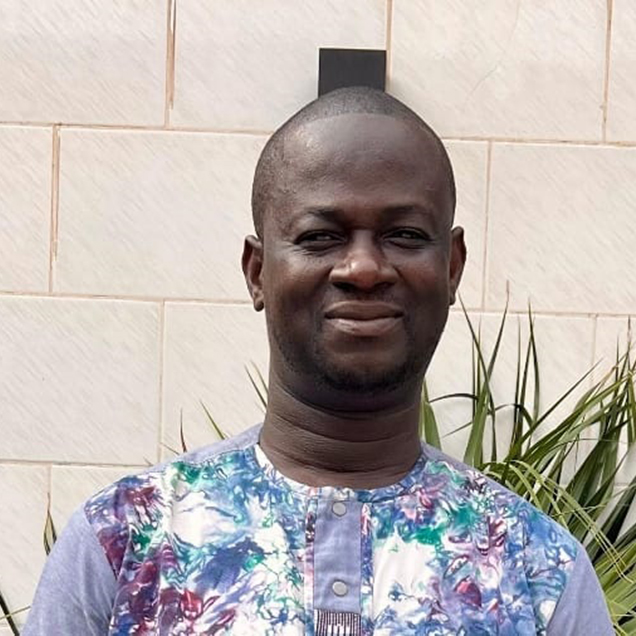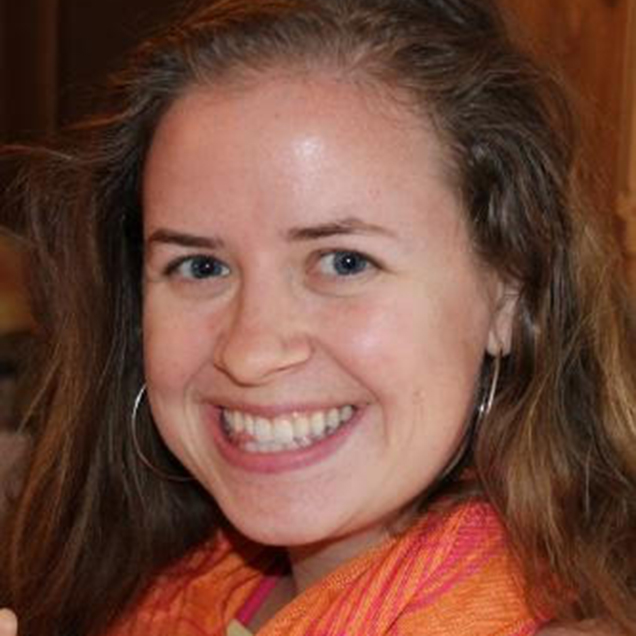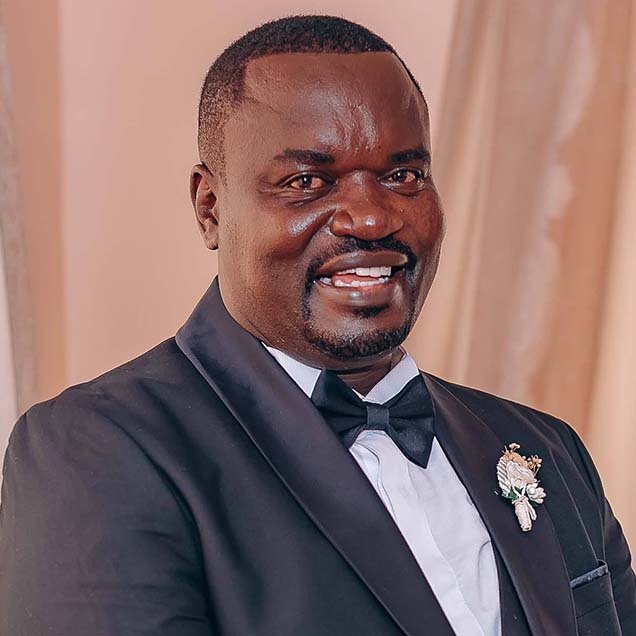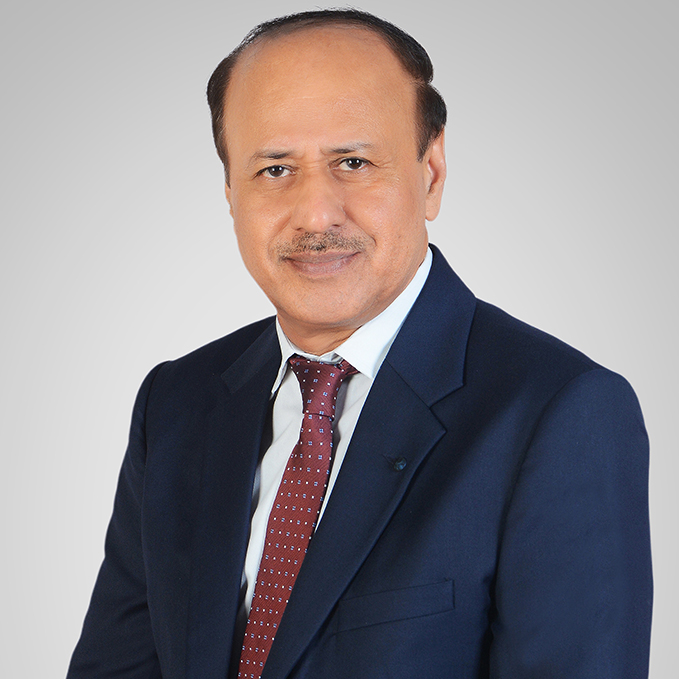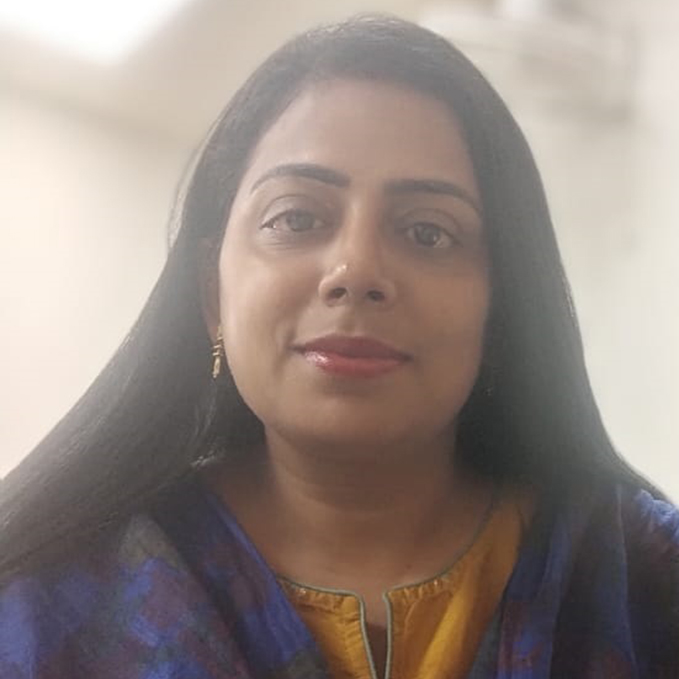Angela Mutunga served as the Senior Regional Advisor for Africa under the Advance Family Planning (AFP) initiative for six years, until 2018. That same year, Jhpiego recruited her as its Global Director of Policy and Advocacy, tasked with establishing a dedicated unit. Her appointment also coincided with her assuming global leadership for what was then known as The Advocacy Collaborative (TAC), as Jhpiego was serving as the TAC secretariat.
In that capacity, Angela partnered with Mande Limbu, then Senior Advisor for Advocacy and Civil Society Engagement at FP2020, to lead a series of consultations leading up to the ICPD+25 Nairobi side event—ensuring broad and meaningful participation from key TAC organizations and advocates across the Global South.
In 2020, Angela joined the MOMENTUM Country and Global Leadership project as Director of Advocacy and Accountability, where she worked with Anne Pfitzer, MOMENTUM’s Director for FP/RH, to propose and secure continued investments in TAAC from USAID. Over the next five years, support from USAID’s New Partnerships Initiative and another UNFPA-funded project allowed for the continuation of the TAAC Global Secretariat. These resources enabled technical assistance to advocates, supported country-level Collaboratives, provided small grants, and strengthened the institutional capacity of country hubs.
During this time, TAAC tested diverse models across countries—many of which focused on family planning and reproductive health, and youth-led advocacy and accountability. Angela also led MOMENTUM’s country-level initiatives supporting policy dialogue on the role of nurses and midwives in safeguarding women’s and newborns’ health, helping countries act on recommendations from the WHO and UNFPA’s State of the World’s Nursing and Midwifery Reports (WHO, UNFPA).
In 2025, following the abrupt end of USAID and U.S. government investments in family planning and reproductive health, Angela and Anne joined forces to formally establish TAAC as a new, legally registered entity in Kenya [insert registration number when available].
The founding team also includes Patrick Onchari as a Co-Founder, whose expertise in digital innovation, business processes automation, health systems strengthening, and youth advocacy brought a critical dimension to TAAC’s founding leadership.
Having worked extensively with INGOs, local youth-led networks, CSOs, governments and private sector consulting, his expertise and experience in ICT4Development, strategic planning, and systems strengthening, particularly within family planning, youth sexual reproductive health, health financing advocacy, and SRHR will contribute to TAAC’s growth strategy, digital solutions transformation and integration, M&E innovation, and data-driven advocacy.
